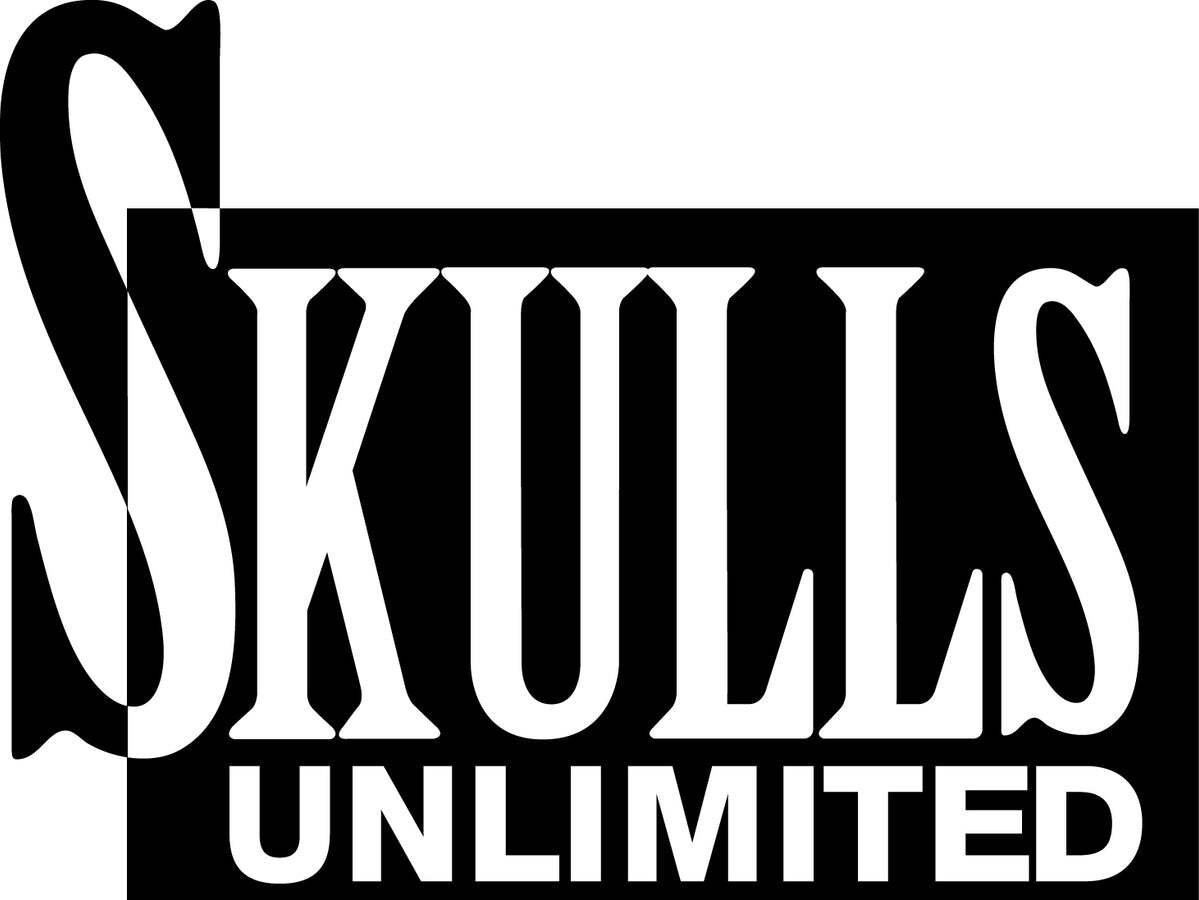No, I don’t want to buy one. This came out of a discussion about my brother, who is so much weirder than me if you can believe it, who owns a real human skull.
I don’t know how he got it. I don’t know where he got it from, maybe this company, more importantly, I don’t know why he would want such a thing. He is not a scientist, he works in IT. He did get an MFA in theater, wanted to be a professional theater director and loves Shakespeare, I can’t believe the reason was because he wanted Hamlet to be super authentic.
We’re not all that close, so it really hasn’t come up in conversation. I only know about it because he posted elsewhere a while back that he was on a Zoom meeting at work and he showed it off and couldn’t understand why everyone stopped laughing and got silent. So obviously he thinks it’s cool to own it.
It used to be a person. I’m an atheist and I don’t believe in an afterlife, but that’s just basic disrespect.
Anyway… how can you ethically source a skull and then sell it on the open market?



Fine, the dead are dead and don’t have rights.
But what about the living relatives and descendants do they have rights?
Dead person or dead person’s family donates his body to science. This is usually done under the agreement that when whatever organization is done sciencing with it, it will be respectfully disposed off(cremated or buried) or returned to the next of kin. It is not usually left to the whims of the organization to sell it like scrap parts.
Without traceability for each and every skull there is no assurance that this was done ethically. There are just so many hypothetical scenarios in which this could affect the rights of next of kin. If its not traceable, its not ethical.